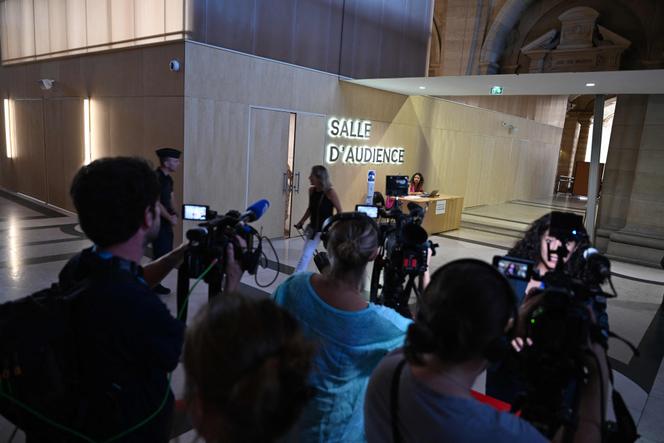


The email is dated May 3, 2018. Subject: "Transfer request concerning the detainee FAID Rédoine." Its author, Eric Vallet – a high-ranking officer in the Paris inter-regional prison services directorate (DISP), which oversees all the prisons in the Ile-de-France region – is worried. He has just received disturbing news from the director of the Réau detention center (north-central France), where the multi-recidivist robber has been held for the past six months.
Since his arrival, Rédoine Faid, placed in solitary confinement and subjected to a strict prison regime, has behaved like a model inmate: polite and pleasant, with no incidents to report. But the guards notice that he observes their movements attentively, tries to win them over, scans the environment, takes an interest in the layout of the premises, knows the location and blind spots of the cameras by heart. In Eric Vallet's opinion, these are all signals that indicate a desire to return to crime, in someone who escaped the first time five years earlier.
"At present, the detainee FAID, Rédoine is too calm, too kind, too respectful," Vallet wrote to the prison administration (DAP). "But, at the same time, he has already spotted all the flaws in the structure and knows it too well now!!! We know from experience that he is extremely dangerous and that it's just a matter of time, which only he knows, before he attempts an escape that will be extremely violent [and] where our staff will be highly exposed."
Vallet urges the DAP to transfer the prisoner to another establishment "without delay," and concludes: "The DISP insists that the DAP listen to this request and deal with it swiftly." To no avail. It was, indeed, only a "matter of time." Less than two months later, on July 1, 2018, Faid took off on board a helicopter from the main courtyard of Réau prison.
The autopsy of this spectacular escape by the Paris Assize Court is underway: Faid and his brother Rachid, who, according to the investigators, came to fetch him from the visiting room, using a thermal grinder to break through four doors, will be questioned from Tuesday onwards. If they agree to explain themselves, we may be able to understand the reasons behind the escape of one of France's most heavily guarded prisoners.
However, on Thursday, September 14, it became clear that the prison administration itself was not the deterrent preventing the escape, and they cannot claim to have been uninformed about the situation. In this highly unusual sequence of events that led to this escape, perhaps the most remarkable aspect is that it had been accurately foreseen.
You have 56.15% of this article left to read. The rest is for subscribers only.
